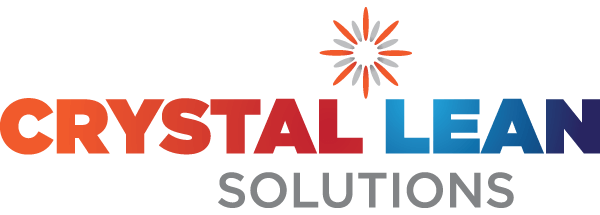Project Management
Boost Your Business Productivity and Efficiency by Learning Skills in Managing Projects
Planning without action is futile, action without planning is fatal.
Cornelius Fichtner
Scrum Project Management
Scrum is an agile project management approach for complex projects with an unknown solution. With its origins from Lean manufacturing, the process starts with understanding the customer requirements. Key to the process is to plan and complete a focused amount of work weekly or fortnightly. This comes from the concept of single piece flow, focused on flowing small batches of actions and information to deliver a weekly goal.
The title for this approach was coined as the creator found that the image of a scrum in rugby, where a team work together focused on moving the ball in one direction was a good analogy for this project management approach.
The benefits from Scrum project management includes:
-
- Doubling your productivity in half the time
- Deliver a fixed piece of work in a shorter timeframe
- Collaborative team working to deliver a common goal
- Effective use of time and money.
- Flexibility to allow for change earlier in the project process
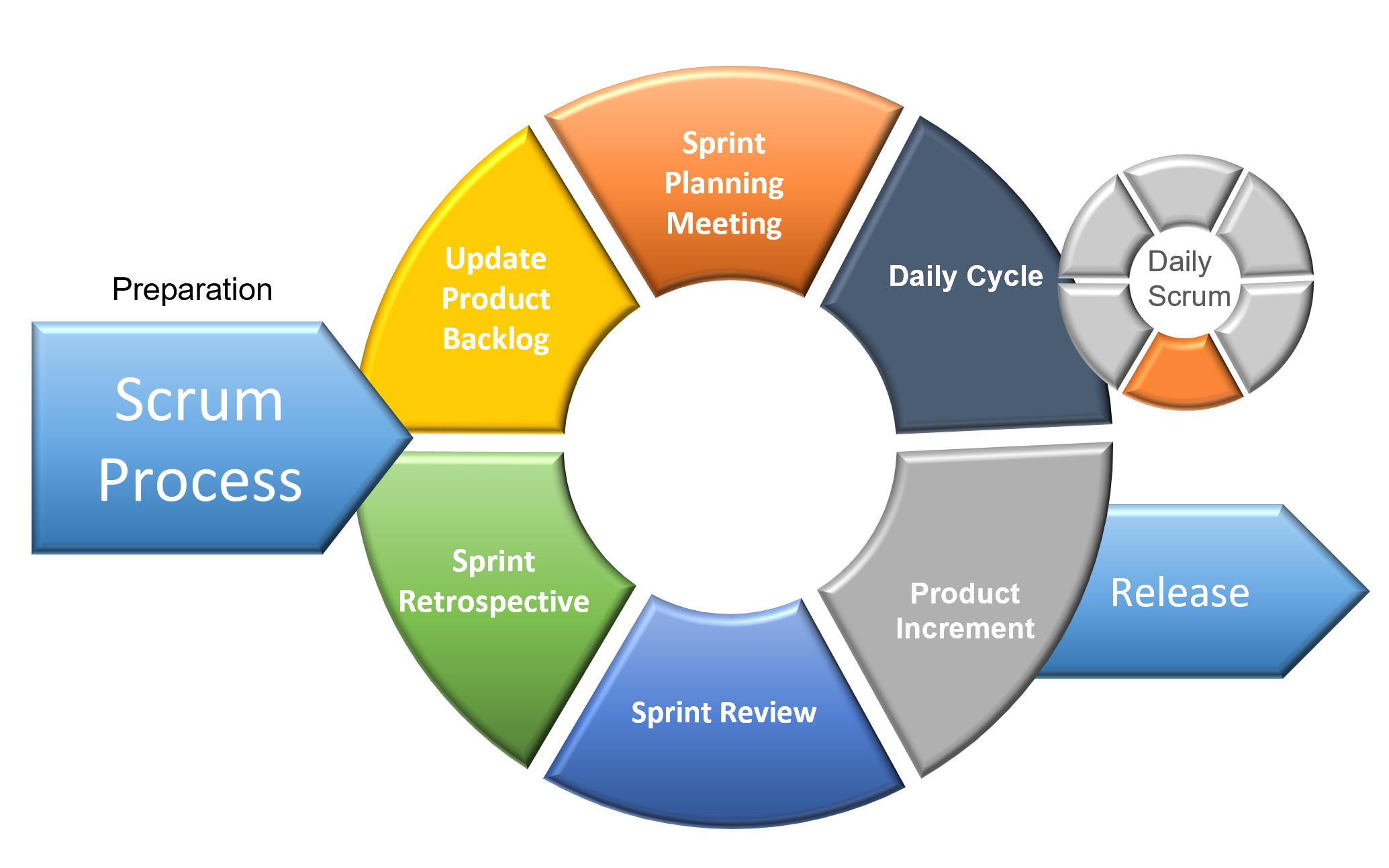
Last Planner ® System
The Last Planner ® System is a collaborative project management system designed to plan in greater detail the closer you get to the week of work. The benefits of using the Last Planner ® System includes:
- Reduce project overruns by over 80%
- Improve quality by over 20%
- Improve site safety by 20%
- Improve collaboration planning and execution.
- Improve project team morale.
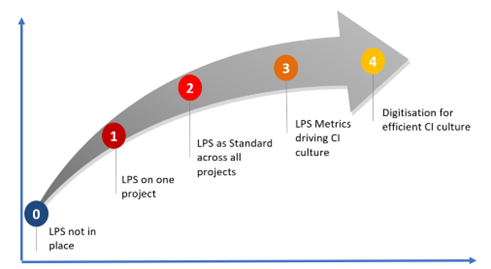
Project Management – Doing Projects Right
Traditional project management is a systematic approach developed by PMBOK, using a 5 step approach to manage prioritised projects from initial scope to closure including:
- Initiation
- Planning
- Execution
- Control
- Closure
The benefits of this approach, in particular for strategic projects includes:
- Clear, organised plans improve team collaboration
- Defining everyone’s role eliminates confusion
- Well-defined goals improve team effectiveness.
- Defining a communication plan keeps your team aligned and focused.
- Project management tools help increase efficiency
- Deliver the right projects on schedule, on budget and per specification
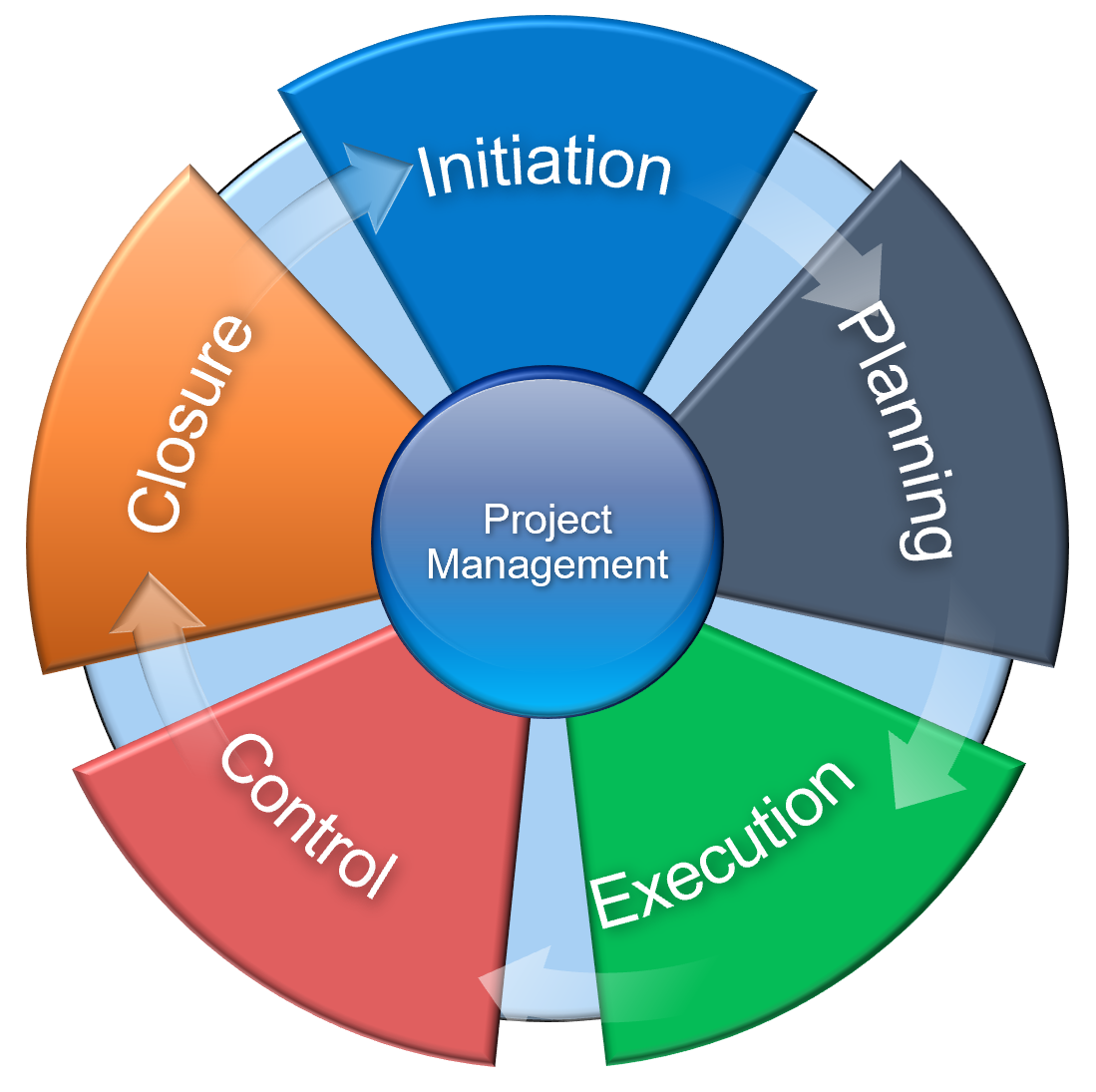
Change Management Skills
As part of project management, one of the key areas often forgotten is to bring people with you. Change management skills are critical to ensure both project completion and sustainability beyond project completion.
Project Portfolio Management – Selecting the Right Projects
With limited resources available within a business, one reason for projects not being delivered per plan can be as a result of too many projects for the resourcing available. Prior to selecting projects for execution, the project portfolio process facilitates the generation of ideas that can be reviewed and selected based on prioritisation against strategic requirements. Key steps in the project portfolio process include:
- Identification
- Categorisation
- Selection
- Resourcing
- Decision
Part of the review process includes:
- Review the status of current projects.
- Review and decide go/no go on improvement project ideas.
- Provide resourcing for projects.
- Identify the timing of projects.
- Ensure that projects have delivered their objectives.
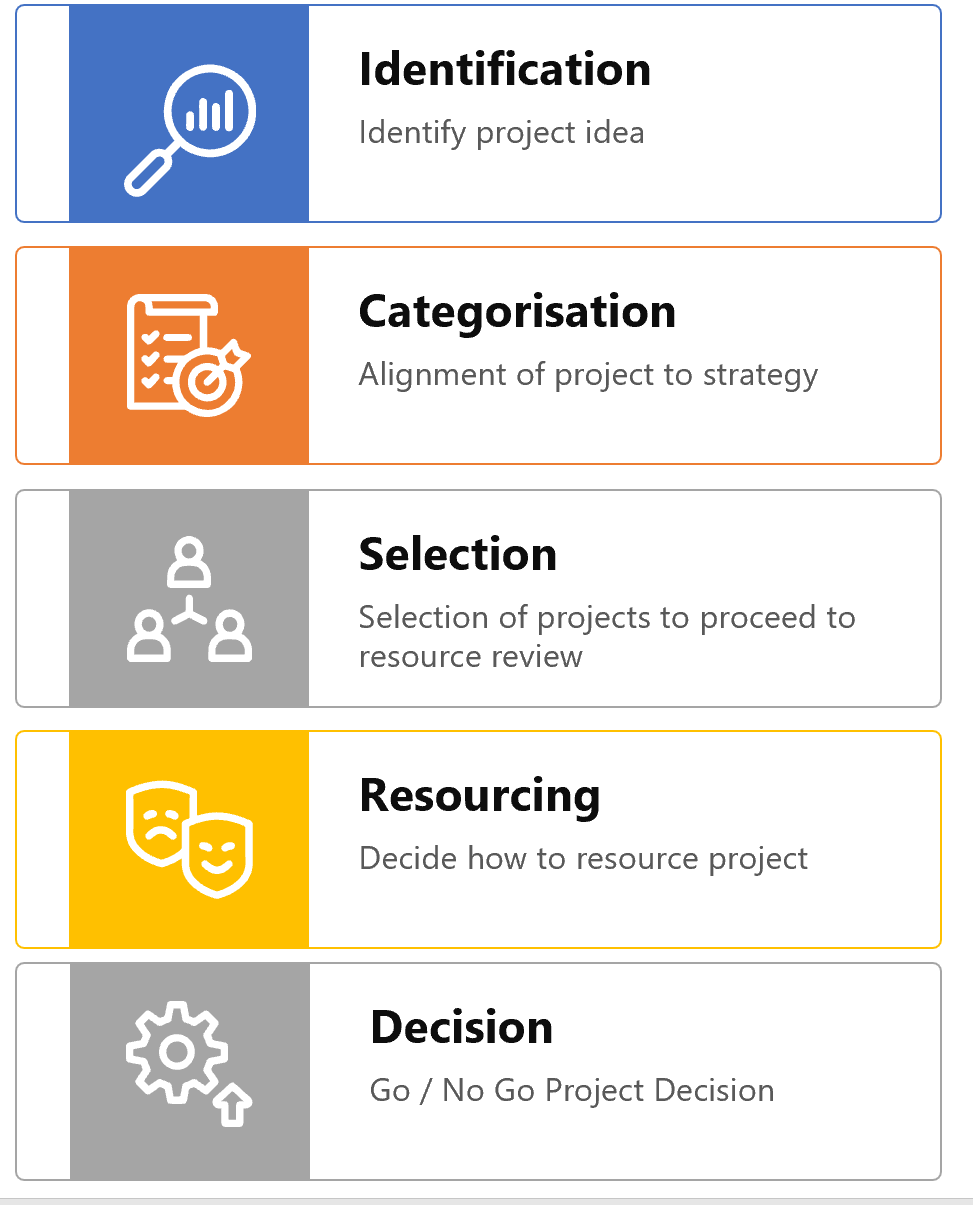
Let’s Talk: Contact Us Today +353 (0)87 6226899
